Homeowners in hurricane and tornado-prone regions are taking action, making improvements to better protect their homes
April 18, 2025 at 10:00 a.m.While officials in the Gulf Coast debate whether asphalt shingle roofs are appropriate for residential homes in the region given the possibilities of catastrophic hurricane damage, homeowners who have experience riding out monster storms aren’t waiting for updated codes or standards to tell them they need better performing roofs.
That’s the case with Joe and Stacey, homeowners from Wilmer, Alabama, who lived through both Hurricane Zeta and Katrina and saw first-hand the resulting devastation in their area. It’s why, when they built their home a couple of years ago, they prioritized how to achieve better protection, low maintenance, peace of mind and longevity, and decided to install a metal roof.
Weighing the pros and cons, the couple realized there wasn’t a dramatic difference in cost between installing a metal roof, especially when considering an asphalt shingle roof may need to be replaced every few years. Having experienced how asphalt was simply “too vulnerable for our environment,” and realizing the next severe storm isn’t a matter of if but when, they decided that choosing a quality metal roof was worth every penny for the long-lasting, peace of mind it would deliver. Listen to the full story of their Gulf coast home here https://metalroofing.com/why-metal-roofing/testimonials/
Officials are now catching up with what homeowners like Joe and Stacey in hurricane-prone regions have known and experienced for years. According to Florida officials at this year’s hearing of the Senate Banking and Insurance Committee, asphalt shingle roofs—the most common type of roof in the U.S., including in the Gulf Coast region—only provide full protection against hurricane winds until they are about 10 years old. Counsel for the Insurance Institute for Business & Home Safety also stated that a 10-year-old asphalt shingle roof has a one-in-12 chance of damage from 60 mph winds. That chance goes up 25 percent against 90 mph winds and against 100 mph winds, the chance of damage rises to “nearly 100 percent.” * (For context, Hurricane Katrina had sustained wind speeds averaging around 125 mph at landfall, with top wind speeds clocking in at 175 mph.)
Installed correctly, quality metal roofs are rated to stand up to F2 tornado wind speeds (F-scale stands for the Fujita Scale of Tornado Intensity, with F2 equaling wind speeds of 113-157 mph), resist leaks and are much less likely to puncture, tear or crack due to flying debris or massive hailstones. However, MRA cautions homeowners that how your roof is installed is just as important as the quality materials selected when it comes to long-lasting, durable protection. Metal Roofing Alliance (MRA) www.metalroofing.com experts encourage homeowners to ask their installer about proper methods to help provide extra security against wind lift, as well as venting and underlayment designed to meet or exceed regional building codes.
“We hear every day from homeowners searching for better ways to protect their homes and guard against climate extremes,” said Renee Ramey, MRA executive director. “As a result, interest in metal roofs is at an all-time high and our priority is to make sure homeowners have the information and resources they need to make a better informed decision.”
For complete details and more information about resilient, long-lasting residential metal roofing, the free MRA Residential Buyer’s Guide is available at https://metalroofing.com/wp-content/uploads/MRA-Buyers-Guide-v2024-05.pdf.
About the MRA
Representing the residential metal roofing industry in the United States and Canada, the Metal Roofing Alliance (MRA) was formed to help educate consumers about the many benefits of metal roofing. For more information about MRA membership, residential metal roofing resources and tools, visit MRA at www.metalroofing.com.
*Source: “Asphalt shingles lose wind resistance after 10 years,” Tampa Bay Times and South Florida Sun-Sentinel (TNS) https://www.tampabay.com/news/florida/2025/02/09/asphalt-shingle-roofs-florida/



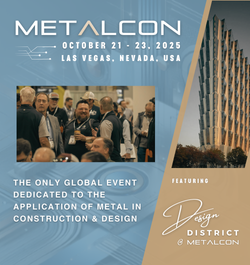









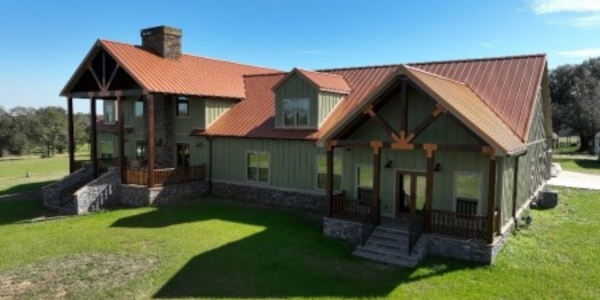
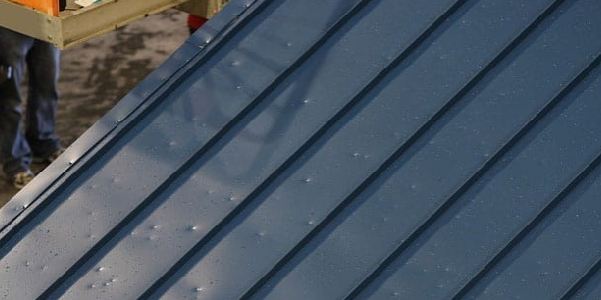
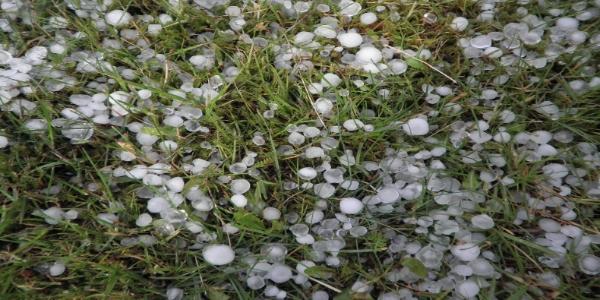


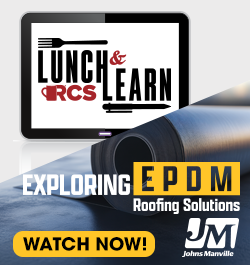




Comments
Leave a Reply
Have an account? Login to leave a comment!
Sign In